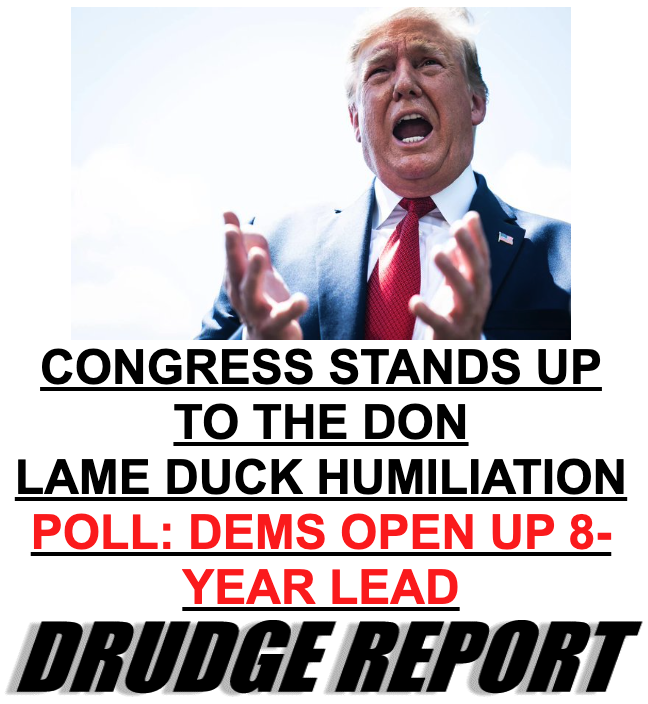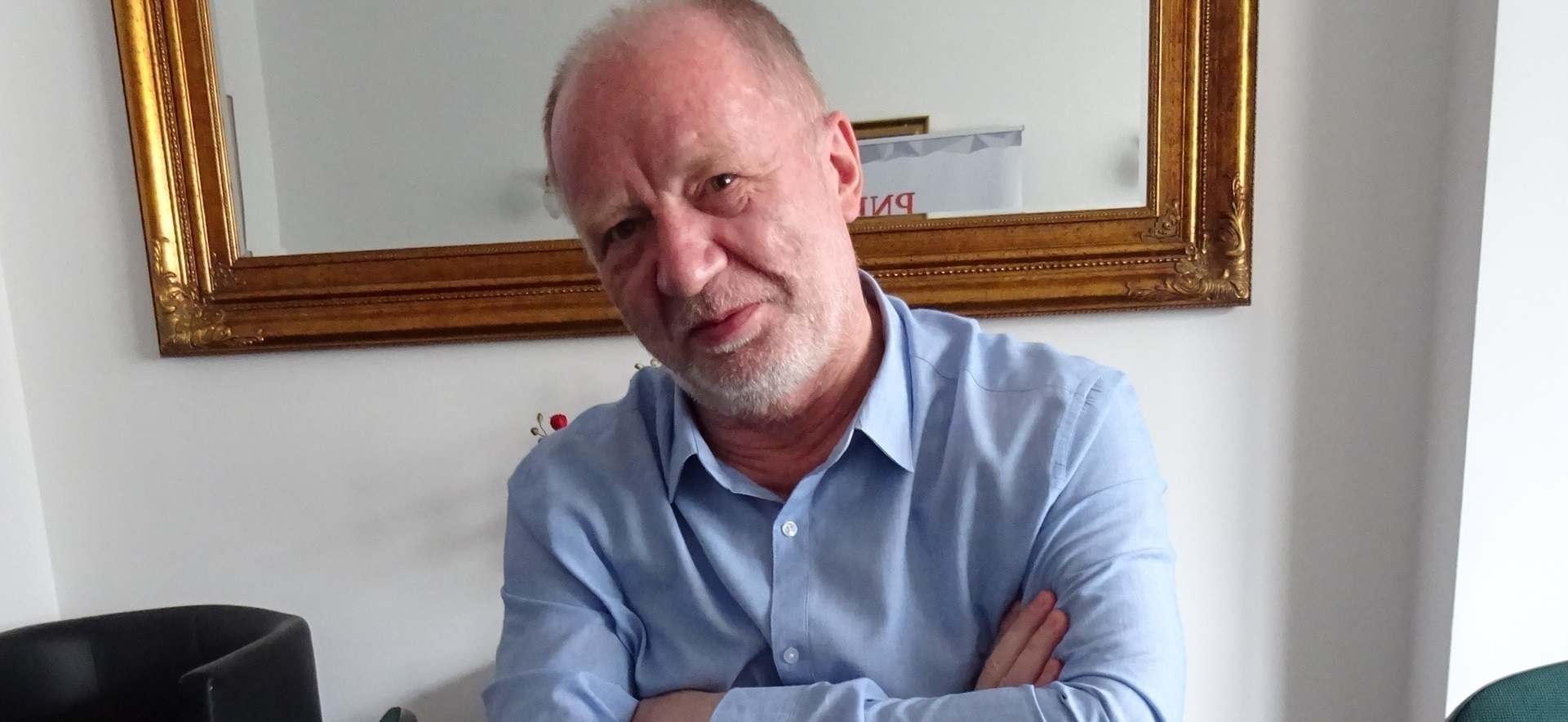Elon Musk says that “the government is the eventual corporation” and “or we will accelerate improvement or we will fall behind”, and Peter Thiel says plainly: “capitalism and democracy are incompatible”.
These words are symptoms of a doctrine that began to attract the attention of the elite in the early 21st century. Accelerationism assumes acceleration (from English accelerate) technological, economical and social processes to make extremist changes at the expense of destabilisation and collapse of the existing order. Unlike left-wing accelerationism, striving to make an egalitarian, post-capitalistic society in which automation and artificial intelligence are utilized to destruct hired labour and redistribution of wealth, right-wing accelerators want to collapse institutions of modern liberal-democratic systems and replace them with a fresh technofeudial order. In their opinion, the current social and economical structures are suppressing technological potential, so they support – besides financially – activities that make chaos, strengthen tensions and radicalisation, believing that this will velocity up the inevitable breakthrough.
The largest temple of right-wing accelerationism present is Silicon Valley, and its messiah – Elon Musk, who intercede for technological giants at Donald Trump's, fulfilling his promise to blow up fuses slowing down Holy Progress. Trump himself, the accelerators respect as the first "their" leader of the United States.
Not by accident billionaires like Musk or Jeff Bezos were among Trump's most generous advocates for the return of power. The chaotic kind of governance, the fight against bureaucracy, the promised deregulation of the market, the free attitude to labour rights and human rights, the impulsiveness and antagonizing way of conducting external policies, as well as the commitment of the thought of making America "again" by pressing gas on the technological highway, the stripping of belts, the closure of eyes and the drinking of even more deeper for animus, perfectly fit the logic of right-wing accelerationism. Trump not only destroys old structures, but does so violently that rebuilding them may prove impossible.
Project 2025 – Accelerationism in practice?
Trump's been in charge for 2 months now. managed to accomplish 40% of the plan known as Project 2025, prepared by the highly conservative think tank The Heritage Foundation. The paper envisages a drastic reorganization of state structures, including mass clerical cleaning, limiting the autonomy of the judiciary, eliminating independent regulatory agencies and expanding structures straight subordinate to the president, mass deregulation of the economy, weakening workers' protection mechanisms, aggressive control of narratives in the media and promoting those bent to the law, which is to lead to the acquisition of information space by ideological loyalists.
The 2025 task meets the key criteria of accelerationism – not only accelerates the process of disintegration of the existing system, but besides designs the structures of a new, authoritative order in which informational control and economical Darwinism are dominant mechanisms of governance.
One can uncertainty whether Trump, who claims that windmills origin cancer, Lesotho is simply a “country that no 1 has always heard of” and who, during his inauguration, threatened transgender mice, due to the fact that they were mistaken for transgenic mice, would be able to remember a word as long as “accelerationism”, not to mention the ideas and strategies behind it. However, with the aid of his Silicon Valley advisers, he led to a political and economical situation so uncertain that by the University of Michigan The assurance of American consumers has fallen to the lowest level in 2 years, and the projected inflation is expected to be highest since 2022 and scope 4.9%.
During Trump's first 35 days of second word The stock exchange recorded a drop of more than 7%. The last president, whose first months in the White home looked akin in this respect, was Barack Obama – but he took office in the midst of the global financial crisis, while Trump does everything to lead to another.
Former Secretary of the Treasury in Bill Clinton's administration said in an interview with CNN that "a fewer months ago the recession was very unlikely, now the chances are 50-50." According to Mark Zandy, Moody's chief economist, the hazard is ‘high and growing’, and the experts of the US investment bank and holding company JPMorgan Chase, 1 of the largest and most crucial financial institutions in the world, in their predictions increased the threat of recession from 30 to 40 percent. "We see a crucial hazard that the United States will fall into recession this year due to Washington's utmost policy" – reads the “Wall Street Journal”.
Why should anyone consciously lead the country towards a powerful economical crisis? There's a logic to that. If it comes to it, all that others will gotta sell, a fistful of the richest will be able to buy. This is not a fresh practice – corporations specified as BlackRock or Vanguard, turning billions of dollars, profiting from housing crises, buying out full settlements and turning them into properties for rent – thus taking distant the chance of average citizens to own their own place.
From discipline Fiction to the White House
The word “accelerationism” itself first appeared in the American science-fiction fresh Lord of Light 1967. The action takes place on a distant, colonized planet. A group of first settlers gain access to technology allowing controlled reincarnation, establish a caste strategy and regulation as gods with names taken from the Hindu pantheon. Only the chosen can be reborn in new, more powerful bodies, so that the power of the narrow elite is constantly strengthened, and the main goal is to rise civilization to a higher level.
However, it was Prof. Benjamin Noys, who taught critical explanation at the University of Chichester, who first utilized the word drawn from the book to describe certain trends in contemporary philosophy. In his 2010 book, entitled The Persistence of the Negative He argued that accelerators make a major mistake, assuming capitalism could be outsmarted by its own dynamics. In his opinion, this strategy has an extraordinary ability to assimilation and neutralise any extremist tendencies, so a real change requires more than just accelerating it. According to Noys, right-wing accelerationism seeks to build a fresh version of capitalism, based on marketplace logic, strong control, supervision, elimination of social opposition and dehumanization mechanisms.
Although Nick Land, a British philosopher and cultural theorist, published in the 1990s calls to submit to capitalist and technological processes, did not usage this term, is present considered the father of right-wing accelerationism. In Land's view, the future belongs to machines and artificial intelligence, which will make a fresh form of existence, going beyond biological and social constraints – if we let them to do so, removing all possible limitations. Land rejects humanism, claiming that humanity should accept its insignificance to technological forces, and, if it survives at all, become part of a larger, autonomous system.
In 1995, Land, along with the philosopher and co-creator of cyberfeminism theory, Sadie Plant created the Cybernetic Culture investigation Unit (CCRU) collective – an intellectual space at Warwick University, focusing thinkers fascinated by futurism, cybernetics, technology, mysticism, complexity explanation and science-fiction. In order to transcend the boundaries of conventional reasoning ("expand the gate of perception") and to get closer to the nonlinear, post-human way of perception of reality, members of the CCRU experimented with various uses. In the early millennium, Nick Land suffered a tense breakdown due to amphetamine abuse and left for China, where he continued his search for technology and global capitalism.
In 2007, Curtis Yarvin (pseudonim Mencius Moldbug) launched an online neo-reaction movement (NRx). His thought developed in contrariness to a liberal political consensus, drawing inspiration from 19th-century reactionary philosophers specified as Thomas Carlyle and Joseph de Maistre. In the following years, Nick Land interpreted and popularized these ideas as "The Dark Enlightenment", giving them a more radical, techno-futuristic dimension. NRx is an anti-democratic trend that advocates “natural order” – elite governments, where “CEO-monarch” exercises absolute power, treating the state as its private company. Members of the NRx reject the thought of racial equality and sex equality, while claiming that they are not guided by prejudice but by an "objective analysis of reality". In fresh years their attitude towards Donald Trump has been ambivalent – any have seen it as an opponent of liberal institutions ("Cathedry"), others have criticised its chaotic kind of governance and deficiency of real action towards the authoritarian transformation of the state. The first months of their second word of office restored their belief in the "acceleration".
In his own Twitter/X entries and texts published on Nick Land's no longer existing blog have frequently shown a fascination with the chaos caused by Trump's first presidency, appreciating, among others, the weakening of state institutions. After his re swearing in, he wrote that "Trump is simply a revolution". In another entry he stated: "The fact that among DOGE agents may be people who have no past of racist online entries is the first truly disturbing information since Trump's inauguration".
At the same time, Land sees in Trump the inevitable effect of historical processes alternatively than the conscious architect of the fresh order. It even suggests that the future belongs not so much to populist leaders as to hyperefficient, authoritarian, corporate management structures specified as Silicon Valley. In this script Trump may be the tool by which the collapse of liberal democracy will be accelerated, but Land favours a order that resembles alternatively futuristic, capitalist cyberauthorism than Trump populism.
Chapter Four: Crisis
Accelerationism involves—although alternatively loose—the historical concept known as the 4th Turning, developed by William Strauss and Neil Howe, detailed in their 1997 book of the same title. According to authors, the past of American civilization (and wider, western) is subject to recurring four-phase cycles. Each cycle, called ‘saeculum’, lasts about 80–100 years, and consists of 4 phrases.
The first is Rebirth – a period of stableness and recovery after the erstwhile crisis. Political and economical structures are consolidated, people share akin values and trust state institutions. It is followed by a spiritual and cultural Awakening – there is simply a wave of individualism, re-esteeming and questioning established norms, as during the 1960s and 1970s moral revolution. The 3rd is Disruption – society becomes increasingly polarized, institutions lose authority, social and political tensions increase. Supporters of the explanation of "four returns" consider the 1980s and 1990s in the US as such.
Finally comes the inevitable crisis – war, revolution, economical collapse – which turns the strategy upside down. As a result, society undergoes transformation, preparing for rebirth. According to Strauss and Neil Howe, planet War II was the last crisis powerful adequate to be regarded as a complete cycle. Before that, the civilian War, before that, the War of the independency of the United States.
Critics claim that the popularity of this concept overshadowed its methodological weaknesses and deficiency of designation in the academic community, indicating that it is based on anecdotal examples and selective selection of historical events alternatively than systematic data analysis. However, there are no shortages of people who believe that the faster the crisis comes, the greater their chances of a rebirth experience. The longing for him is expressed in the slogan “Make America large Again”, as well as the highly popular QAnon movement in the United States, whose supporters believe that Donald Trump and his allies are fighting a “deep state” – a global game of pedophiles and kid traffickers – and the culmination of this fight is “Burza”, during which they will be punished, justice and stableness will come.
This almost spiritual religion gives socially and economically excluded, frustrated people hope for a better tomorrow, and the imagination of historical cycles, followed by successive phases in a logical and inevitable way, helps to find themselves in chaos and accept their position.
Survive the crisis that has arisen
Elon Musk is obsessed with “accelerating” the improvement of space technologies, artificial intelligence and the integration of people with machines. He dreams of making Mars a private, elite colony run by SpaceX, and his Neuralink is working on brain-computer interfaces to let man to transform into a post-human being. Jeff Bezos with his Blue Origin besides develops space projects that are intended to let his escape from the planet in the event of an ecological disaster or global war. The Silicon Valley is flourishing by companies dealing with the alleged longevity investigation – from Altos Labs financed by Bezos, to Calico, owned by Google – whose goal is to slow down aging and biological extension of life.
If this technology becomes available only to the chosen, it can lead to a technological aristocracy in which access to advanced biotechnological solutions will become a fresh determinant of power. This is in line with the assumptions of right-wing accelerationism, which does not aim for egalitarian progress, but for maximum optimization and selection of adaptable units.
Musk and Bezos are besides actively developing technologies that lead to the marginalization of conventional human work. Amazon invests in robotic warehouses and the improvement of artificial intelligence, reducing the request for workers in logistics. Tesla introduces autonomous vehicles, which could lead to hundreds of thousands of jobs disappearing in transport. These actions besides follow the demands of accelerators, according to which capitalism reaches the phase in which work becomes unnecessary.
Peter Thiel – co-founder of PayPala and 1 of the most powerful people of Silicon Valley, a supporter of the regulation of the technocratic elite, who considers democracy to be an obstacle to technological improvement and the economy, and at the same time a sponsor and advisor to Trump during his first word of office – supports the ideas of technological libertarianism and seasteading, i.e. building independent floating cities-states that would be free from government regulation. The Seasteading Institute initiative, which he co-financed, involves the creation of private enclaves where entrepreneurs could experimentation with fresh forms of social organisation, without any restrictions under national law. Thiel has repeatedly stressed that democracy is an obstacle to innovation and the free market, and its Palantir company, which provides software for the military and intelligence agencies, is an example of the direct usage of fresh technologies for public surveillance. However, in 2023, a billionaire announced that he would not financially support any candidates in the upcoming presidential election, explaining this with political fatigue and disappointment overfocusing Trump's first administration on cultural issues.
The instability of today's capitalism may mean that the United States is in the final phase of the cycle – but it is simply a self-fulfilling prophecy alternatively than proof of the adequacy of Howe and Strauss theories.
As the planet becomes increasingly unpredictable – with increasing economic, social and environmental crises – and frustrated people jump to each other's throats and take it out on marginalized minorities, specified as immigrants or transgenders, billionaires invest in technologies that will enable them to become independent of states, institutions and chaotic societies. A fast death, even if painful, is better than a relentless rotting alive. Especially if it's not your death, due to the fact that you belong to the very top of the wealthiest people in the world, and you know that erstwhile others die, you're not just going to survive, but you're going to assert dominance in the fresh crisis of reality. And before that, you will plan this reality.
If somewhere to look for comfort, it is in the incompetence and ideological blinding of those who effort to push the planet towards post-pitalistic cyber dystrophy. Although the fact that they are led by ketamine ubernarcism with fascist thrusts, in addition convinced that we are surviving in simulation, and hungering for admiration adequate to pay people to lift his character in a computer game to a planet top and boast about his "gaymer" success in interviews, carries more horror than hope.


















